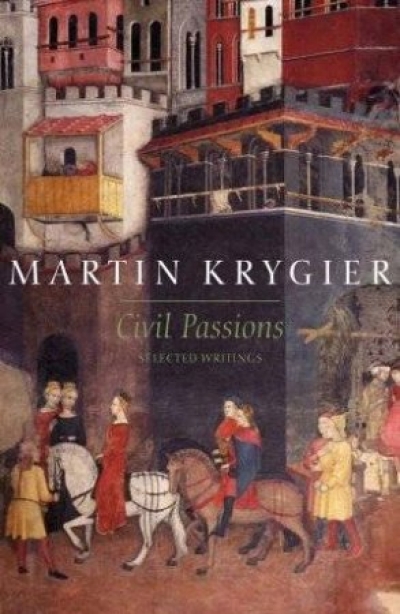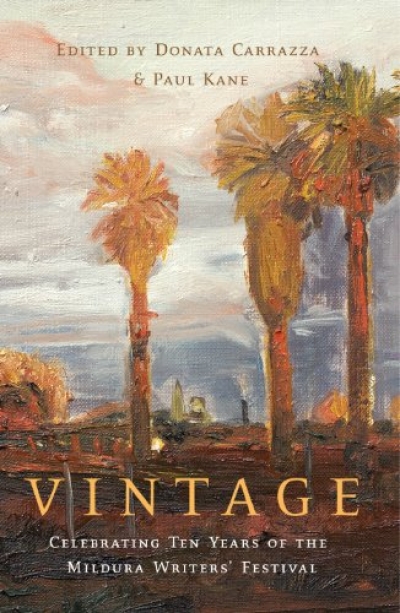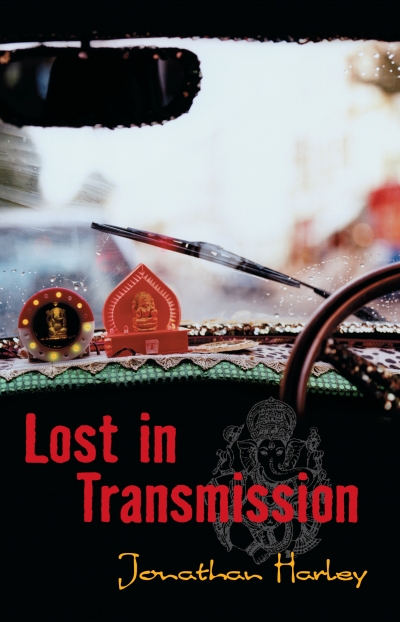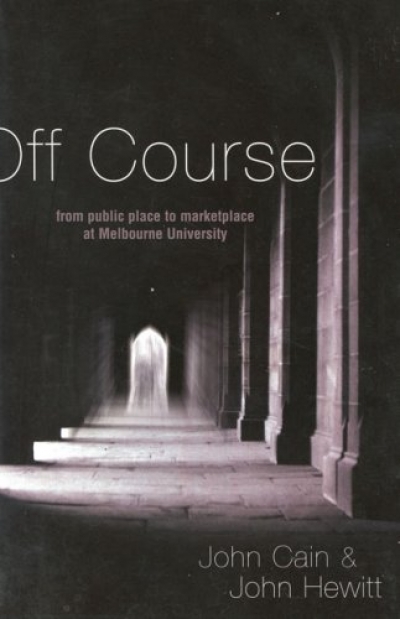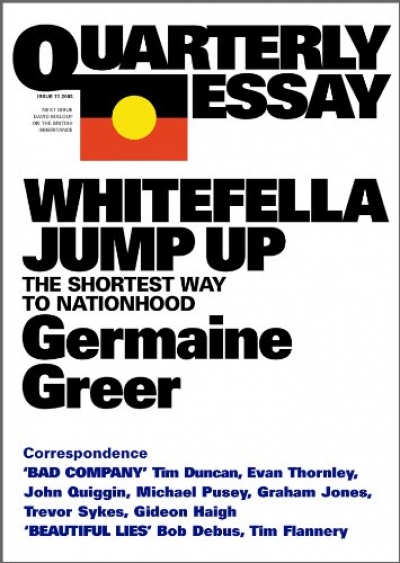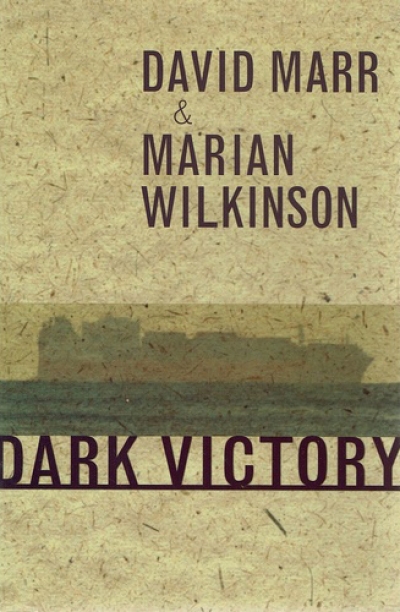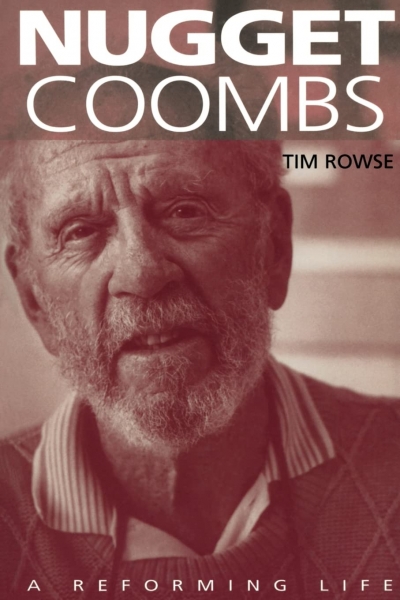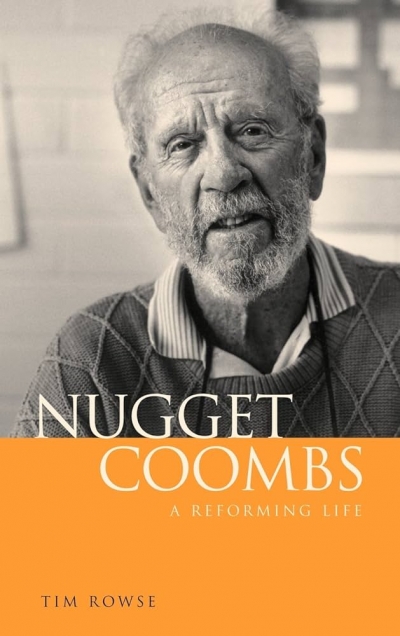Morag Fraser
Sign up to From the Archive and receive a new review to your inbox every Monday. Always free to read.
Recent:
To celebrate the best books of 2004 Australian Book Review invited contributors to nominate their favourite titles. Contributors included Dennis Altman, Brenda Niall, Kerryn Goldsworthy, Morag Fraser and Chris Wallace-Crabbe.
... (read more)Vintage: Celebrating ten years of the Mildura writers' festival edited by Donata Carrazza and Paul Kane
by Morag Fraser •
Traveller's Tales edited by Trevor Bormann & Lost in Transmission by Jonathan Harley
by Morag Fraser •
Off Course: From public place to marketplace at Melbourne University by John Cain and John Hewitt
by Morag Fraser •
Whitefella Jump Up by Germaine Greer & Made In England by David Malouf
by Morag Fraser •
Dark Victory by David Marr and Marian Wilkinson & Don’t Tell the Prime Minister by Patrick Weller
by Morag Fraser •
Primo Levi, in two interviews given almost twenty years ago*, set a standard of critical sympathy that is not only exemplary, but peculiarly apt to the fraught debate about the post-September 11 world and the USA’s place and reputation within it.
... (read more)

